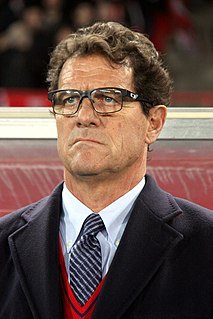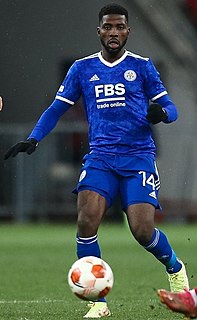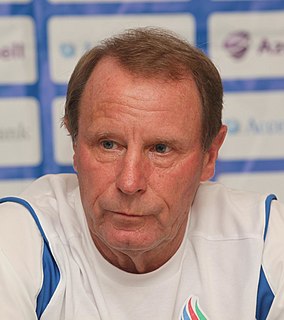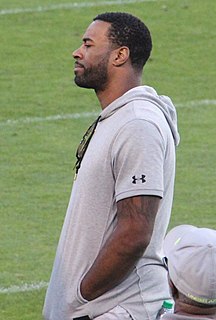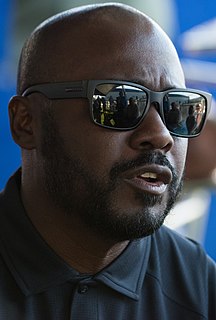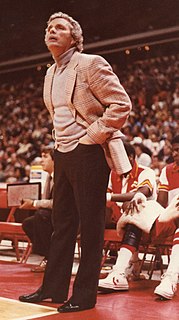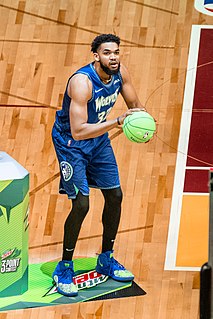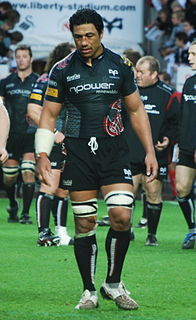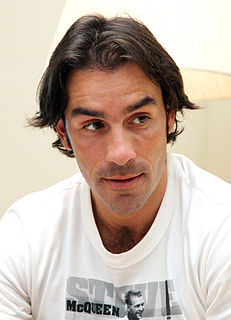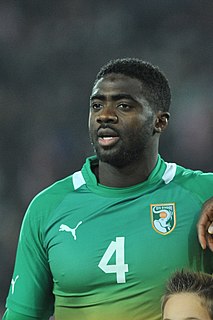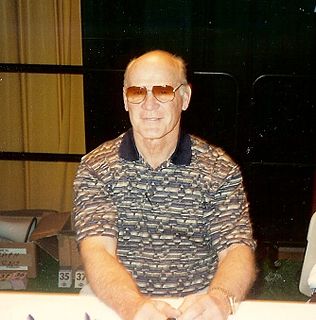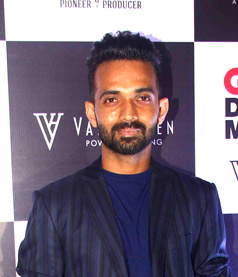A Quote by Fabio Capello
To train a national team, you have to know what team you have at your disposal and what this team is capable of. You need to get the best out of them and take them as far as possible. Yet, sometimes, you can't achieve your goals.
Related Quotes
The team doctor, the team trainers, they work for the team. And I love 'em, you know. They're some good people, you know. They want to see you do good. But at the same time, they work for the team, you know. They're trying to do whatever they can to get you back on the field and make your team look good.
You've got to be committed. It comes down to setting yourself goals as an individual. In rugby you have team goals that you strive for, but you also set yourself simple goals that are achievable. It helps to write them down so you understand what you need to do, and what your focus is. Put them on your wall, then each time you wake up, you'll see them. Then you can just tick them off once you've achieved them.
The team you belong to must come ahead of the team you lead: this is putting team results (e.g., organizational needs) ahead of individual agendas (e.g., the team or division you lead, your ego, your need for recognition, your career development, etc.) Confidentiality is respected downward more than it is respected upward. Organizational alignment is a direct result of this hierarchy (if it were the other way around, organizational alignment would be very difficult to achieve).
Perhaps the toughest call for a coach is weighing what is best for an individual against what is best for the team. Keeping a player on the roster just because I liked him personally, or even because of his great contributions to the team in the past, when I felt some one else could do more for the team would be a disservice to the team's goals.
